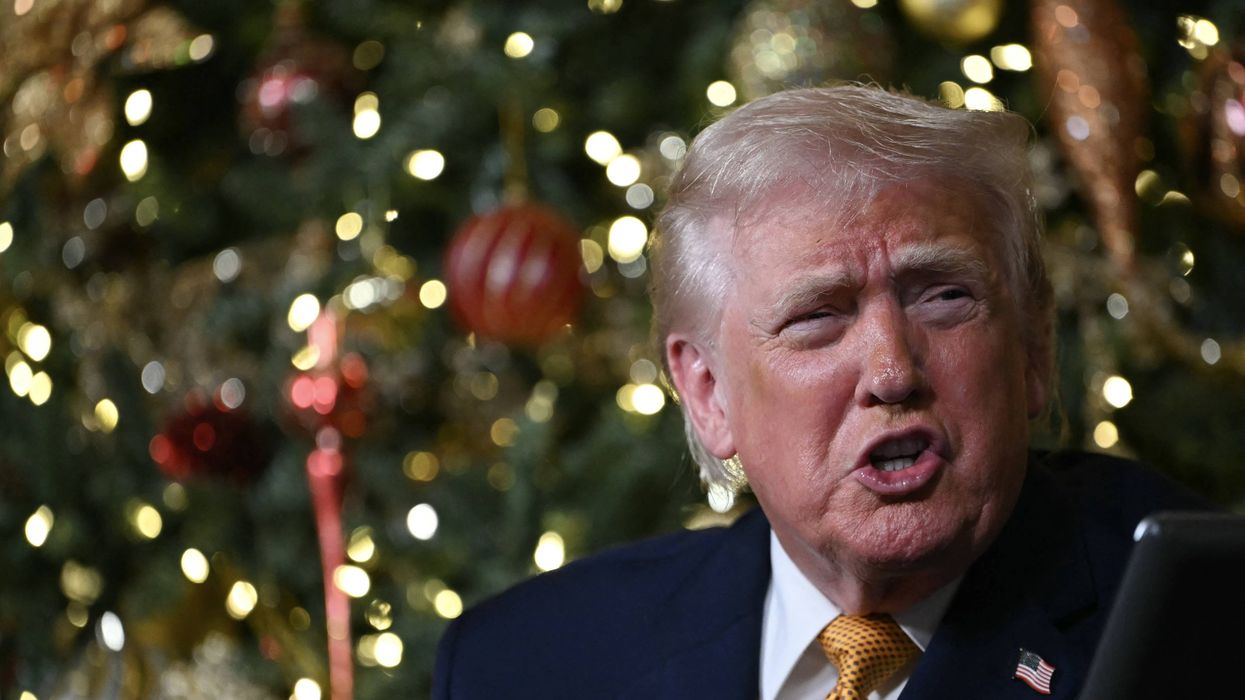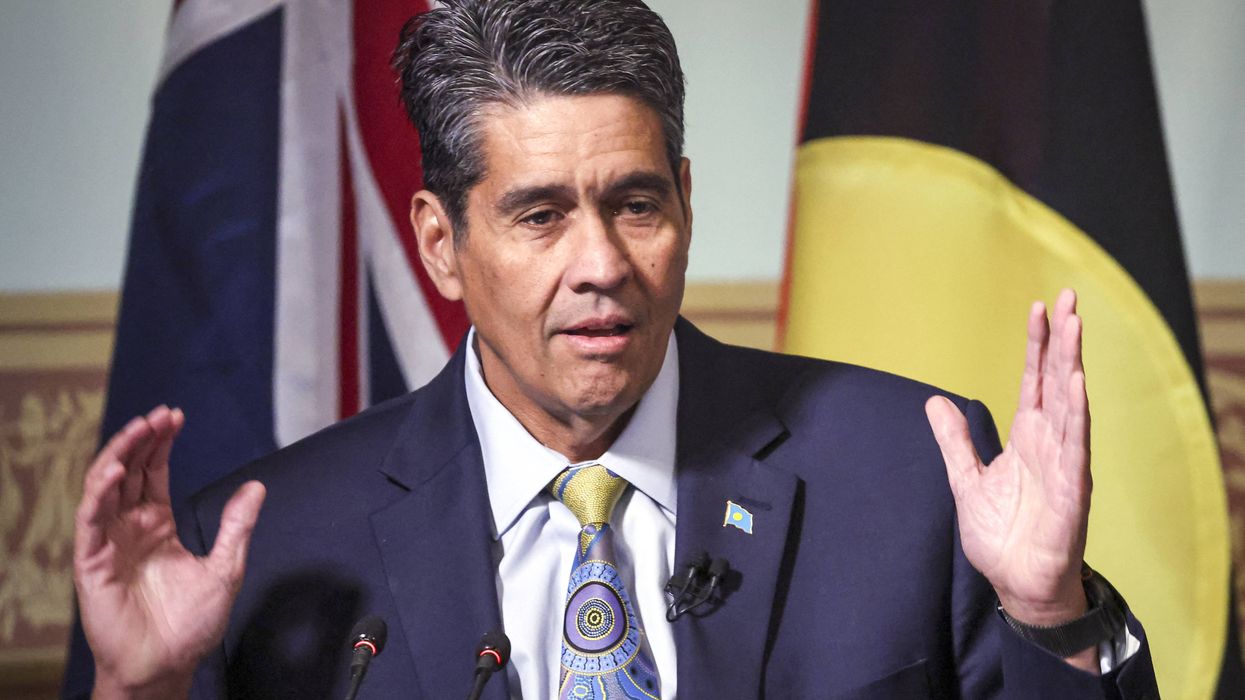June, 23 2020, 12:00am EDT

New Brief Finds NYPD Enforcement of Low-Level Broken Windows Offenses Accounts for Huge Department Expenditures, is Marked by Extreme Racial Disparities
Amid explicit racism in enforcement and unprecedented budget shortfalls, NYC must redirect $1 billion of NYPD FY21 budget to impacted communities.
WASHINGTON
New York City criminalizes drugs and low-level broken windows offenses at a startling rate, with enforcement in these areas accounting for a vast proportion of the NYPD's policing activities and the city's budget, according to a new brief from Drug Policy Alliance. DPA released the brief in support of the Communities United for Police Reform coalition call for Mayor de Blasio and the NYC Council to cut the FY21 NYPD expense budget by $1 billion and redirect savings to core needs in Black, Latinx and other NYC communities of color that have long been the target of the drug war and racist policing.
The brief, "NYC's Costly Drug Enforcement & Broken Windows Policing," finds that in 2019, NYC spent an estimated $96 million enforcing drug arrests and violations, and an estimated $456 million enforcing low-level broken windows offenses, which accounted for 28.5% of all NYPD arrests and violations issued for the year.
"For decades, we've seen the harms of overpolicing up close in our work to end the marijuana arrest crusade in New York. We've watched as policing has played a pivotal role in the racist drug war and how resources have been funneled into law enforcement instead of vital services that make our communities safer. In too many cases, drugs have been used by the NYPD -- the largest and most militarized police force in the United States -- as an excuse to target, harass, assault and kill Black people," said Melissa Moore, New York State Deputy Director at Drug Policy Alliance. "It's beyond time to shift resources and reinvest that funding into ending our city's overdose crisis, homelessness, and vast inequality - especially as we face extreme budget shortfalls due to the pandemic. Mayor de Blasio and the NYC Council must act in this historic moment to cut at least $1 billion from the NYPD's FY21 expense budget and reallocate those resources to the more relevant city agencies, harm reduction programs, and community-based organizations who are better trained and equipped to actually keep our communities safe."
In 2019, there were more than 21,000 drug enforcement arrests and violations in New York City, with two-thirds being for only possession of marijuana, a controlled substance, or paraphernalia. Further, nearly 15,000 summonses were issued by the NYPD for marijuana in 2019, accounting for 17% of all criminal summonses issued citywide that year.
Stark racial disparities persist among these drug arrests and violations, despite data showing similar rates of use across populations. In 2019, more than 45% of people arrested or cited for drug offenses in NYC were Black, despite Black New Yorkers making up under 25% of the city's total population. A further 38.8% were Latinx, with Latinx people making up less than 30% of the city's total population. Only 11.7% of people arrested or cited for drug violations were white, yet white people comprise 47.2% of the city's population.
The trends in drug enforcement in NYC mirror enforcement of other low-level offenses, often referred to as broken windows policing. Extreme racial disparities exist in broken windows enforcement as well: more than 45% of people arrested or cited for broken windows offenses in NYC were Black, 33% were Latinx, and only 15% of people were white. This is nearly an inversion of the proportion of each group within the city's population -- and reflects racialized targeting of communities of color for broken windows enforcement.
"The drug war has been waged on Black and Brown communities since its inception, and the police have acted as its foot soldiers. They have, and always will, constantly target us," said Hiawatha Collins, Community Leader and Board Member at VOCAL-NY. "We can't talk about the resources people who use drugs need without ending the racist policies and policing of our bodies and neighborhoods. It's time to defund the NYPD by at least $1 billion this year, and invest in housing, harm reduction, healthcare, and social services. We can't wait a second longer as we continue to die from preventable overdoses at historic numbers."
Read the full brief here: https://www.drugpolicy.org/sites/default/files/dpa_drug_policing_nypd_cost_0.pdf
The Drug Policy Alliance is the nation's leading organization promoting drug policies grounded in science, compassion, health and human rights.
(212) 613-8020LATEST NEWS
'Unhinged' Trump Wishes 'Merry Christmas to All, Including the Radical Left Scum'
"Nothing more Christian than to be a hateful wretched fuck on Jesus’ birthday," quipped one critic.
Dec 25, 2025
In a message called typically on-brand by observers, US President Donald Trump wished "Merry Christmas to all"—including his political opponents, whom he described in decidedly unchristlike language.
"Merry Christmas to all, including the Radical Left Scum that is doing everything possible to destroy our Country, but are failing badly," Trump said Christmas Eve on his Truth Social network.
"We no longer have Open Borders, Men in Women’s Sports, Transgender for Everyone, or Weak Law Enforcement," the president added. "What we do have is a Record Stock Market and 401K’s, Lowest Crime numbers in decades, No Inflation, and yesterday, a 4.3 GDP, two points better than expected. Tariffs have given us Trillions of Dollars in Growth and Prosperity, and the strongest National Security we have ever had. We are respected again, perhaps like never before. God Bless America!!!"
While nothing new—Trump has used past Christmas messages to tell people he doesn't like to "go to hell" and "rot in hell"—observers, including some MAGA supporters, were still left shaking their heads.
"Radical Left Scum" 😂🤣😂🤣😂🤣Christmas greetings from a liar, traitor, pedophile, and overall shitstain upon society.
[image or embed]
— Bill Madden (@maddenifico.bsky.social) December 24, 2025 at 9:00 PM
"Nothing more Christian than to be a hateful wretched fuck on Jesus’ birthday!" liberal political commentator Dean Withers said on X.
Another popular X account posted: "A sitting president of the United States using Christmas Day to spew venom at fellow Americans he calls 'Radical Left Scum' isn’t just unpresidential—it’s unhinged, un-Christian, and utterly beneath the office."
"This is the behavior of a bitter, small man who can’t even pretend to unify for one holy day," she added. "Shameful. Disgraceful. Pathetic."
Keep ReadingShow Less
Palau Signs Controversial $7.5 Million Deal to Take 75 Trump Deportees
"What if we spent the $100,000 per person in America setting them up with housing assistance, healthcare, education, etc?" asked one critic.
Dec 25, 2025
Palau said Wednesday that it has agreed to take in up to 75 people deported from the United States during President Donald Trump's purge of unauthorized immigrants in exchange for millions of dollars in financial assistance—a move that has sparked considerable opposition among the Pacific archipelago nation's roughly 18,000 inhabitants.
The office of Palauan President Surangel Whipps Jr. announced a memorandum of understanding with the United States under which the country will receive $7.5 million in assistance in exchange for taking in 75 third-country deportees who cannot be repatriated to their countries of origin.
Earlier this week, US State Department Principal Deputy Spokesperson Tommy Pigott said the people who will be sent to Palau have “no known criminal histories," as is the case with the vast majority of unauthorized immigrants in the United States, who have committed no crime other than the mere misdemeanor of entering the country illegally.
However, Palauans have voiced concerns over US Secretary of State Marco Rubio's remarks during a Cabinet meeting earlier this year in which he said that, “We want to send some of the most despicable human beings—perverts, pedophiles, and child rapists—to your countries as a favor to us."
Whipps said Wednesday that the relocation plan involves “people seeking safety and stability."
“These are not criminals,” the president said during earlier debate on the proposal. “Their only offense was entering the United States illegally and working without proper permits.”
However, Palau's Congress and its influential Council of Chiefs have twice rejected the transfers.
Piggot's statement "highlighted US commitments to partner with Palau on strengthening the country’s healthcare infrastructure, increasing Palau’s capacity to combat transnational crime and drug trafficking, and bolstering Palau’s civil service pension system."
Palau, which was administered by the US from 1947-94 and is now associated with the United States under the 1994 Compact of Free Association, which guaranteed the country nearly $900 million economic aid over 20 years in exchange for exclusive US military access.
The country's foreign policy often tracks closely to that of the US. For example, Palau is sometimes among the handful of usually similarly small nations that vote along with the United States and Israel against United Nations resolutions condemning Israeli crimes or affirming Palestinian rights.
Other developing nations including Eswatini, Rwanda, South Sudan, and Uganda have also agreed to take in US deportees or are considering doing so.
Reactions to the US-Palau agreement drew criticism on social media, where one X user called the deal a "bribe" and another popular Bluesky account asked, "What if we spent the $100,000 per person in America setting them up with housing assistance, healthcare, education, etc?"
Keep ReadingShow Less
Trump 'Choosing From the War Crimes Menu' With 'Quarantine' on Venezuela Oil Exports
"Economic strangulation is warfare and civilians always pay the price," lamented CodePink.
Dec 25, 2025
President Donald Trump has ordered US military forces to further escalate their aggression against Venezuela by enforcing a "quarantine" on the South American nation's oil—by far its main export—in what one peace group called an attempted act of "economic strangulation."
"While military options still exist, the focus is to first use economic pressure by enforcing sanctions to reach the outcome the White House is looking [for]," a US official, who spoke on condition of anonymity, told Reuters.
The move follows the deployment of an armada of US warships and thousands of troops to the region, threats to invade Venezuela, oil tanker seizures off the Venezuelan coast, Trump's authorization of covert CIA action against the socialist government of Venezuelan President Nicolás Maduro, and airstrikes against boats allegedly running drugs in the Caribbean Sea and Pacific Ocean that have killed more than 100 people in what critics say are murders and likely war crimes.
This, atop existing economic sanctions that experts say have killed tens of thousands of Venezuelans since they were first imposed during the first Trump administration in 2017.
"The efforts so far have put tremendous pressure on Maduro, and the belief is that by late January, Venezuela will be facing an economic calamity unless it agrees to make significant concessions to the US," the official told Reuters.
The official's use of the word "quarantine" evoked the 1962 Cuban Missile Crisis, an existential standoff that occurred after the John F. Kennedy administration imposed a naval blockade around Cuba to prevent Soviet nuclear missiles from being deployed on the island, even as the US was surrounding the Soviet Union with nuclear weapons.
"This is an illegal blockade," the women-led peace group CodePink said in response to the Reuters report. "Calling it a 'quarantine' doesn’t change the reality. The US regime is using hunger as a weapon of war to force regime change in Venezuela. Economic strangulation is warfare and civilians always pay the price. The US is a regime of terror."
Critics have also compared Trump's aggression to the George W. Bush administration's buildup to the invasion and occupation of Iraq, initially referred to as Operation Iraqi Liberation (OIL). But unlike Bush, Trump—who derided Bush for not seizing Iraq's petroleum resources as spoils of war—has openly acknowledged his desire to take Venezuela's oil.
"Maybe we will sell it, maybe we will keep it,” he Trump said on Monday. “Maybe we’ll use it in the strategic reserves. We’re keeping the ships also.”
On Wednesday, a panel of United Nations experts said that the US blockade and boat strikes constitute "illegal armed aggression" against Venezuela.
Multiple efforts by US lawmakers—mostly Democrats, but also a handful of anti-war Republicans—to pass a war powers resolution blocking the Trump administration from bombing boats or attacking Venezuela have failed.
The blockade and vessel seizures have paralyzed Venezuela's oil exports. Ports are clogged with full tankers whose operators are fearful of entering international waters. Venezuela-bound tankers have also turned back for fear of seizure. Although Venezuelan military vessels are accompanying tankers, the escorts stop once the ships reach international waters.
According to the New York Times, Venezuela is considering putting armed troops aboard tankers bound for China, which, along with Russia, has pledged its support—but little more—for Caracas.
Keep ReadingShow Less
Most Popular


